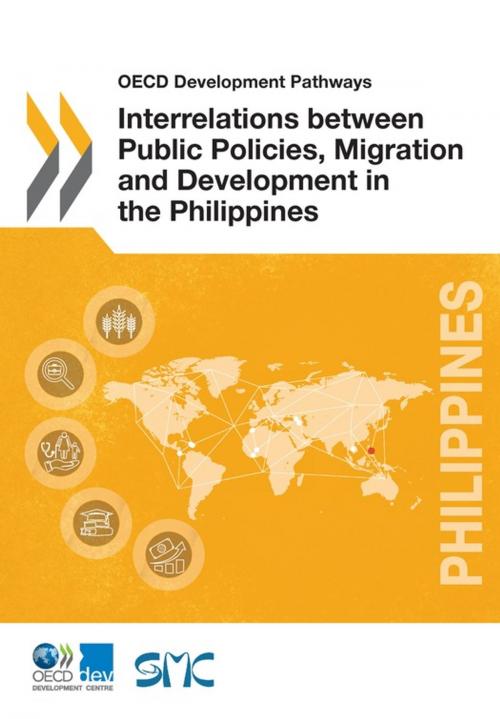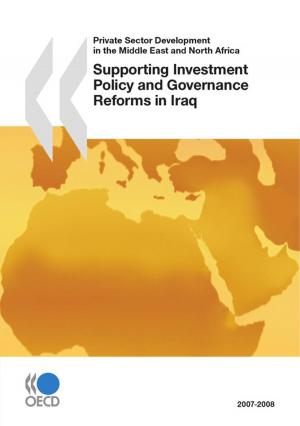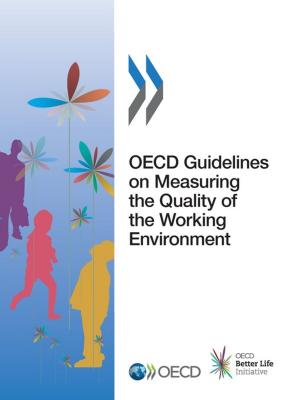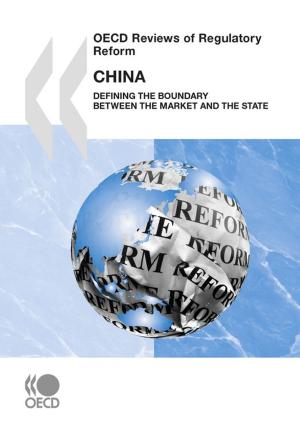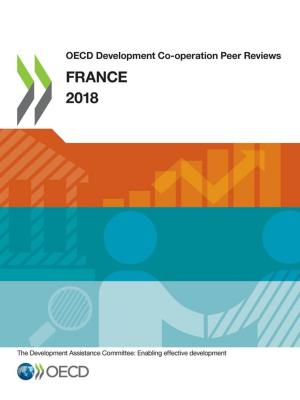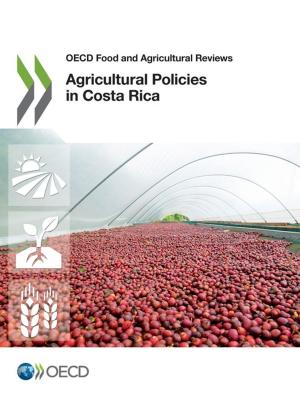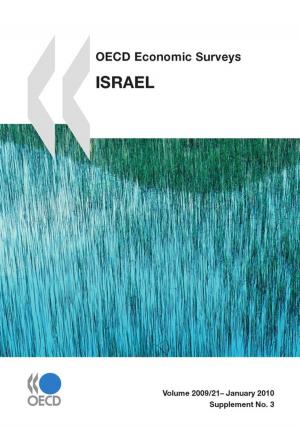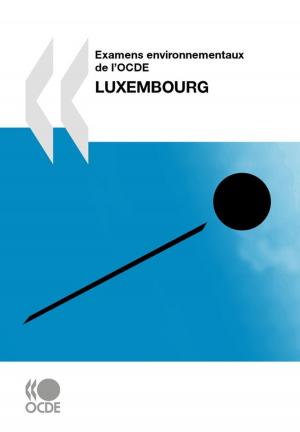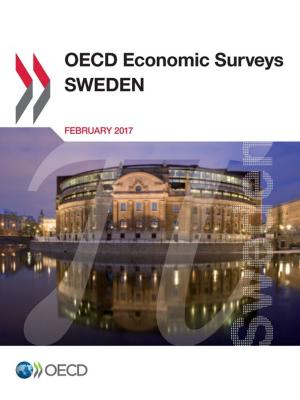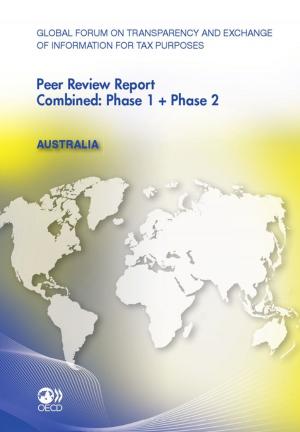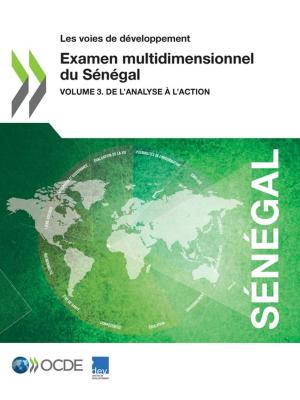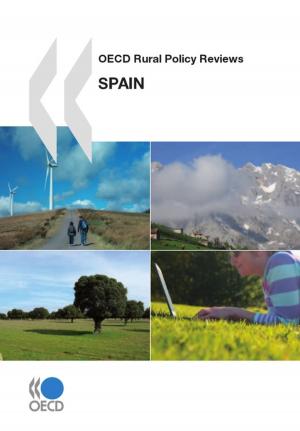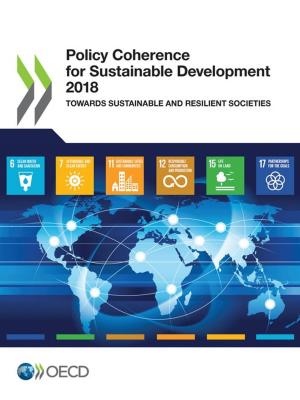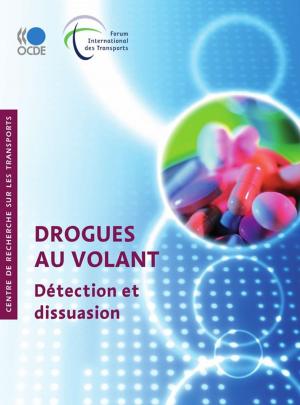Interrelations between Public Policies, Migration and Development in the Philippines
Business & Finance, Economics, Economic Development| Author: | Collectif | ISBN: | 9789264272293 |
| Publisher: | OECD | Publication: | May 30, 2017 |
| Imprint: | OECD | Language: | English |
| Author: | Collectif |
| ISBN: | 9789264272293 |
| Publisher: | OECD |
| Publication: | May 30, 2017 |
| Imprint: | OECD |
| Language: | English |
Interrelations between Public Policies, Migration and Development in the Philippines is the result of a project carried out by the Scalabrini Migration Center (SMC) and the OECD Development Centre, in collaboration with the Commission on Filipinos Overseas (CFO) and with support from the European Union. The project aimed to provide policy makers with evidence on the way migration influences specific sectors – the labour market, agriculture, education and investment and financial services – and, in turn, how sectoral policies affect migration. The report addresses three dimensions of the migration cycle that have become an important part of the country's social and economic contexts: emigration, remittances and return.
The results of the empirical work confirm that even though migration contributes to the development of the Philippines, the potential of migration is not fully exploited. One explanation is that, despite its advancement in understanding the link between migration and development which is reflected in the Philippine Development Plan, not all policy makers in the Philippines take migration sufficiently into account in their respective policy areas. The Philippines therefore needs to adopt a more coherent policy agenda and better integrate migration into their sectoral strategies to enhance the contribution of migration to development in the country.
Interrelations between Public Policies, Migration and Development in the Philippines is the result of a project carried out by the Scalabrini Migration Center (SMC) and the OECD Development Centre, in collaboration with the Commission on Filipinos Overseas (CFO) and with support from the European Union. The project aimed to provide policy makers with evidence on the way migration influences specific sectors – the labour market, agriculture, education and investment and financial services – and, in turn, how sectoral policies affect migration. The report addresses three dimensions of the migration cycle that have become an important part of the country's social and economic contexts: emigration, remittances and return.
The results of the empirical work confirm that even though migration contributes to the development of the Philippines, the potential of migration is not fully exploited. One explanation is that, despite its advancement in understanding the link between migration and development which is reflected in the Philippine Development Plan, not all policy makers in the Philippines take migration sufficiently into account in their respective policy areas. The Philippines therefore needs to adopt a more coherent policy agenda and better integrate migration into their sectoral strategies to enhance the contribution of migration to development in the country.
